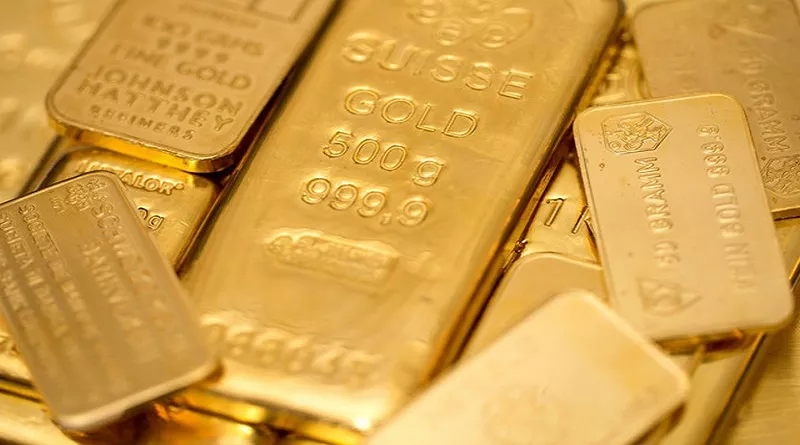Date: August 24
Gold prices have surged to a two-week high due to disappointing U.S. business activity data, which has led to increased speculation that the Federal Reserve might face limitations in its ability to continue raising interest rates. This development has caused gold prices to rise for a fifth consecutive session, recovering from a recent five-month low. The dollar and Treasury yields have retreated from their recent peaks, contributing to the positive momentum for gold.
Key points from the report include:
Spot gold increased by 0.3% to reach $1,920.67 per ounce, comfortably regaining the important level of $1,900 per ounce. Gold futures expiring in December also rose by 0.1% to $1,948.75 per ounce.
The dollar experienced a significant decline from a two-month high in overnight trading, and Treasury yields decreased from multi-decade highs. This movement followed the release of purchasing managers’ index (PMI) data, which indicated that U.S. business activity had only minimal growth in August.
The lackluster PMI reading has led to speculations that the deteriorating economic conditions in the U.S. could limit the Federal Reserve’s ability to further hike interest rates. This scenario could potentially offer relief to metal markets.
However, while the U.S. rates are expected to remain higher for an extended period, the higher rates could restrict significant gains in gold due to the increased opportunity cost of investing in the precious metal. The trade-off between higher rates and gold investment has been a notable factor impacting gold prices over the past year.
All eyes are now on an upcoming address by Federal Reserve Chair Jerome Powell at the Jackson Hole Symposium on Friday. Analysts are cautious, noting that the persistence of sticky inflation and a robust labor market could prompt a hawkish outlook from Powell.
In the realm of industrial metals, copper prices experienced a slight decline, with futures down 0.2% to $3.8040 per pound. While copper prices had risen significantly in recent sessions, benefiting from a weaker dollar and optimism about additional stimulus measures in China, the momentum was dampened by weak PMI figures from both the U.S. and the euro zone. These figures indicated a slowdown in manufacturing activity, potentially due to high interest rates.
Market participants are closely watching developments in the U.S. and economic data releases for cues about the future direction of interest rates and their potential impact on various sectors, including precious and industrial metals.


